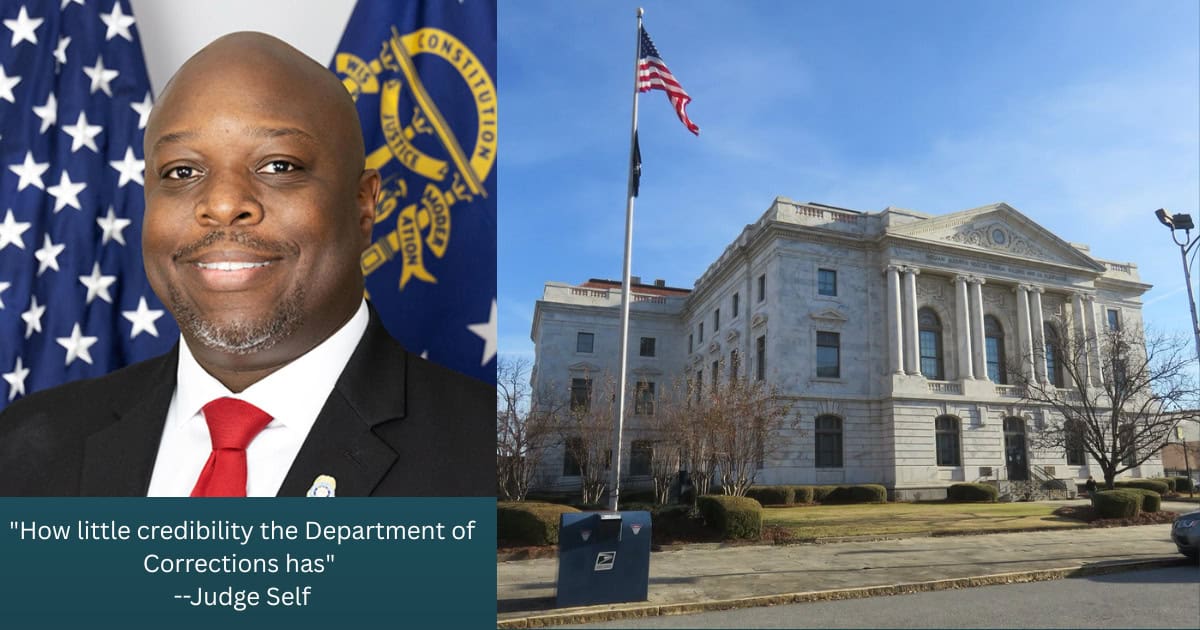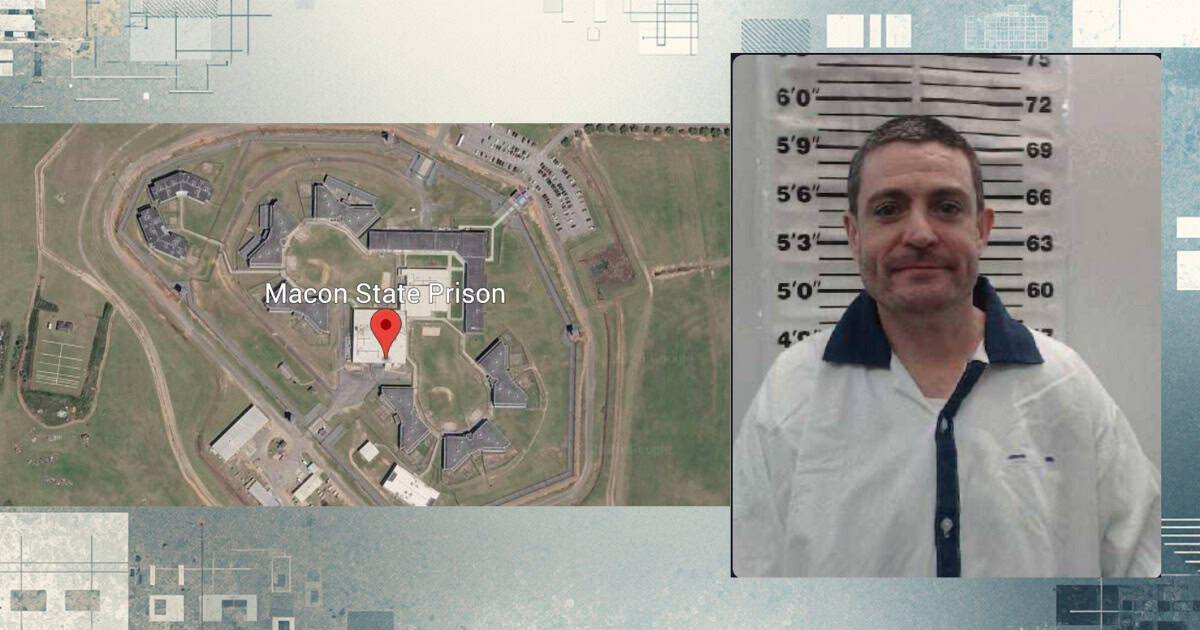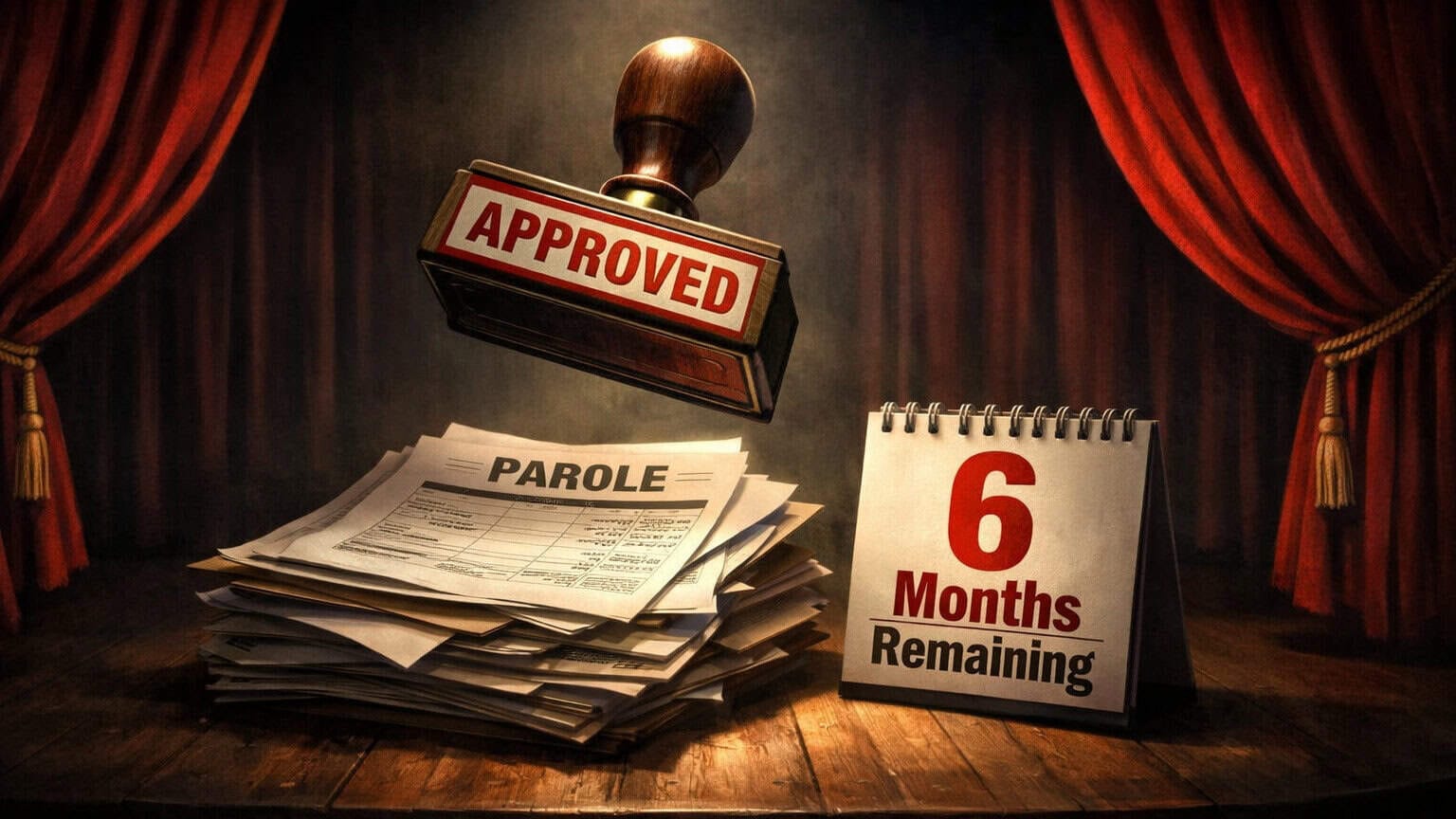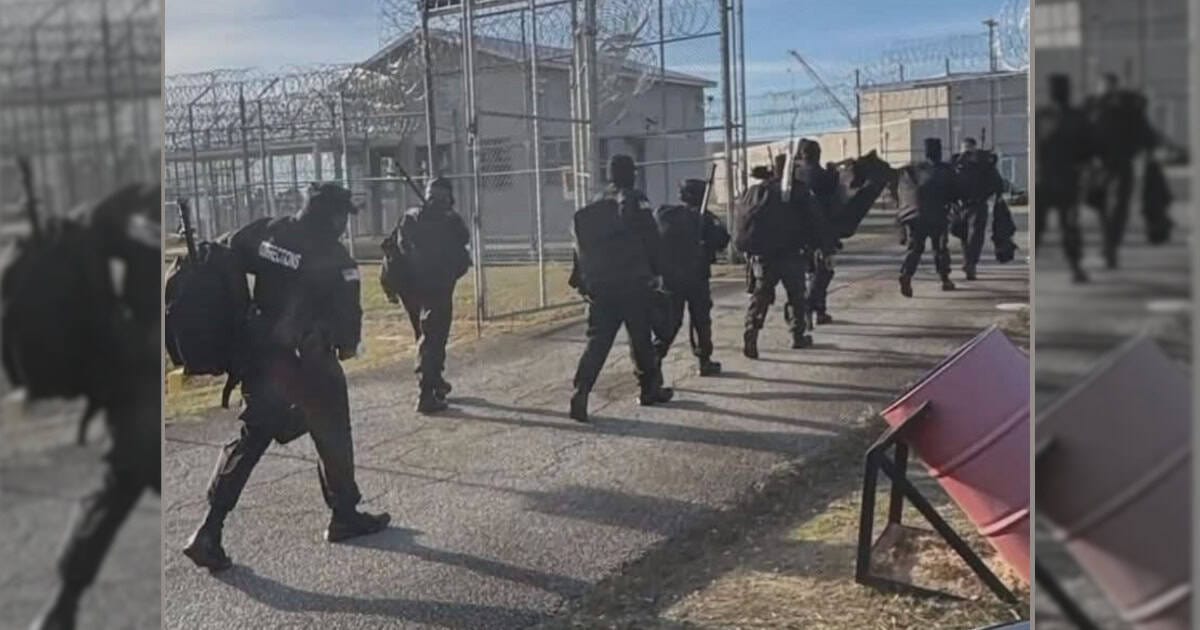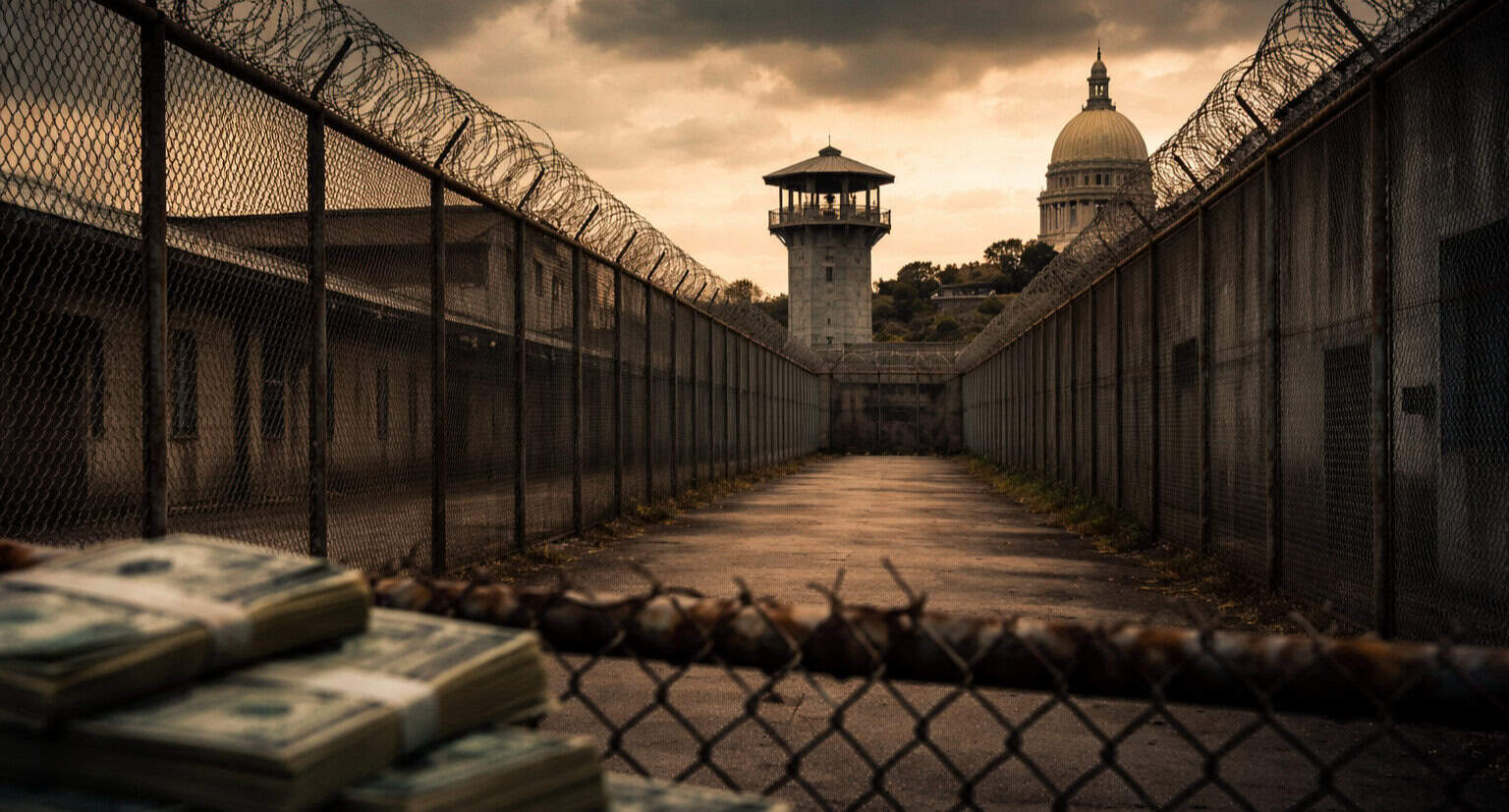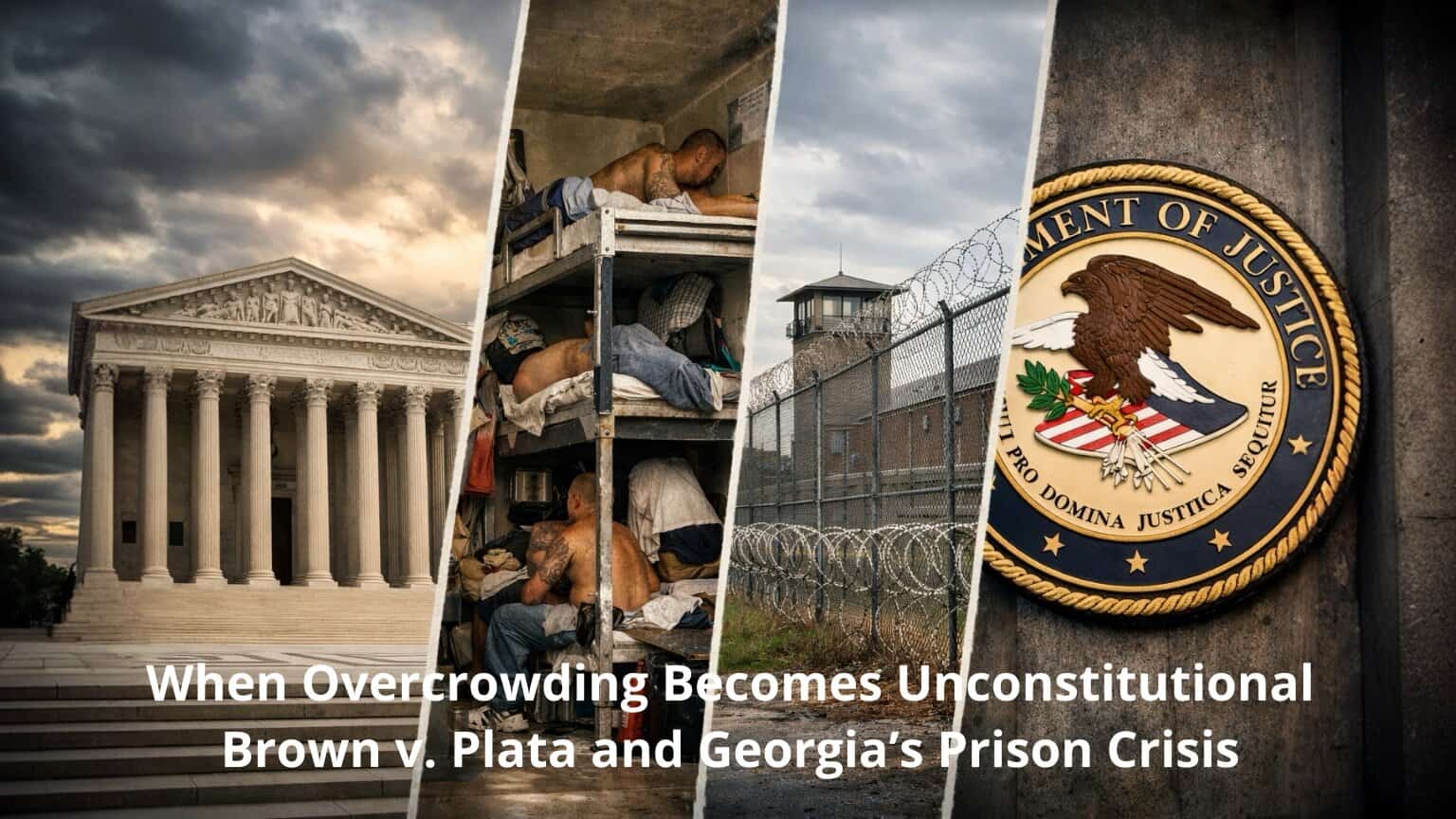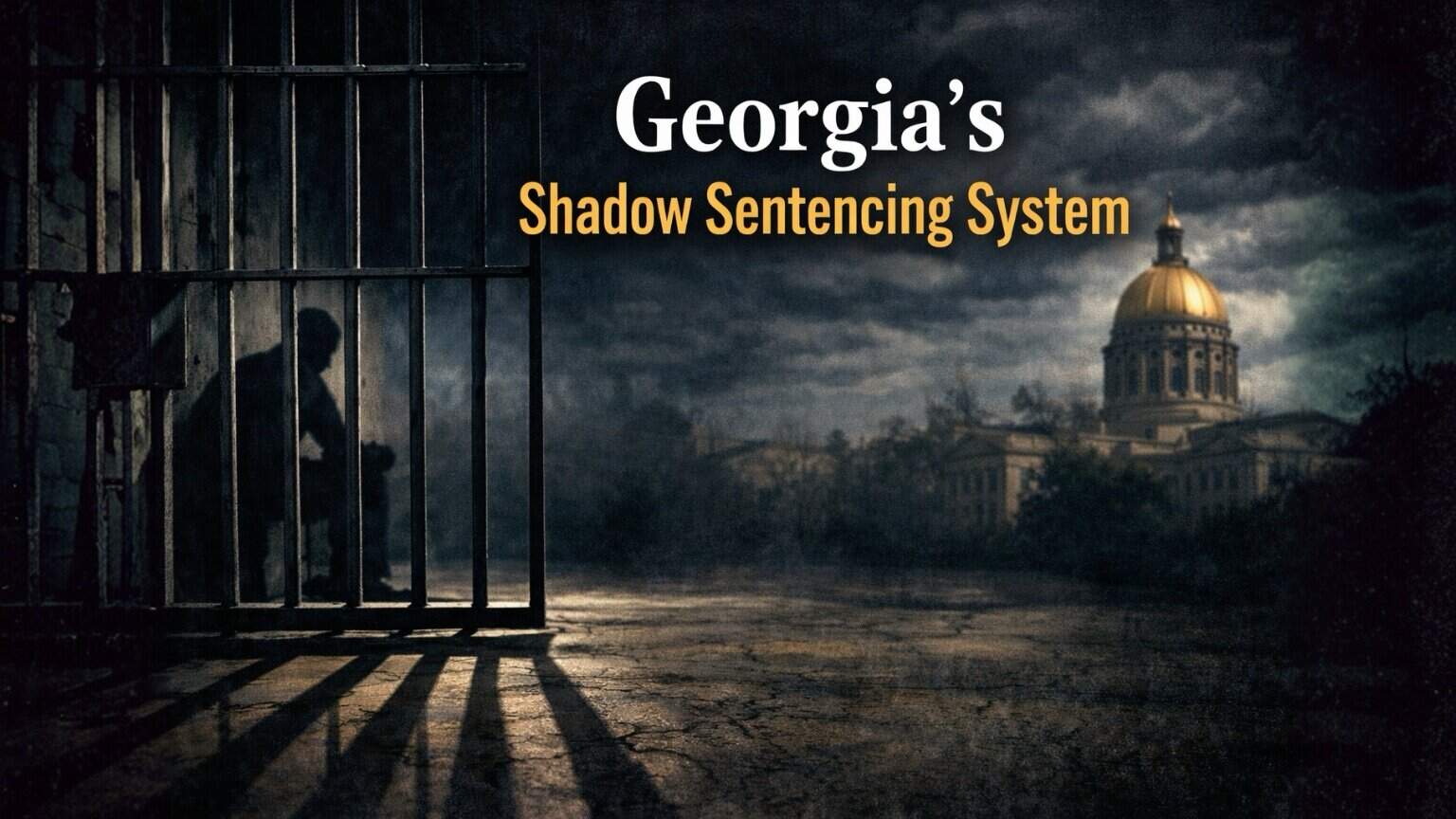The Reform That Worked — and the Governor Who Killed It
Georgia already solved its prison crisis once. Governor Deal’s reforms cut the prison population 6%, saved $264 million, and didn’t increase crime. Then Governor Kemp reversed course, adding $700 million in spending while every outcome worsened. The math is on legislators’ desks. Will they choose what works?
